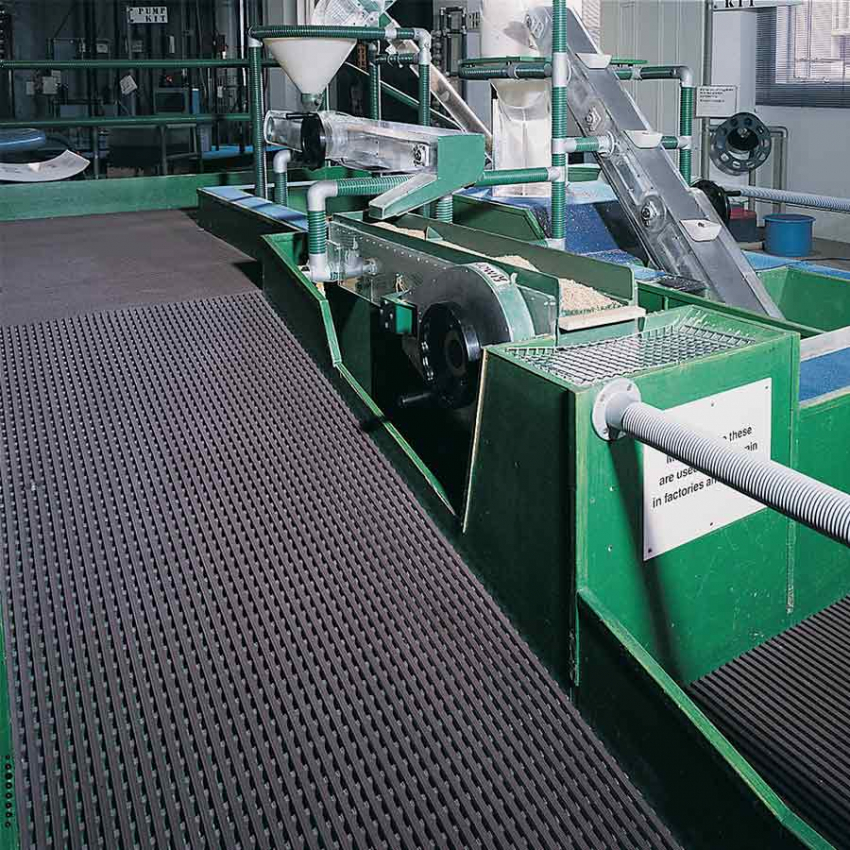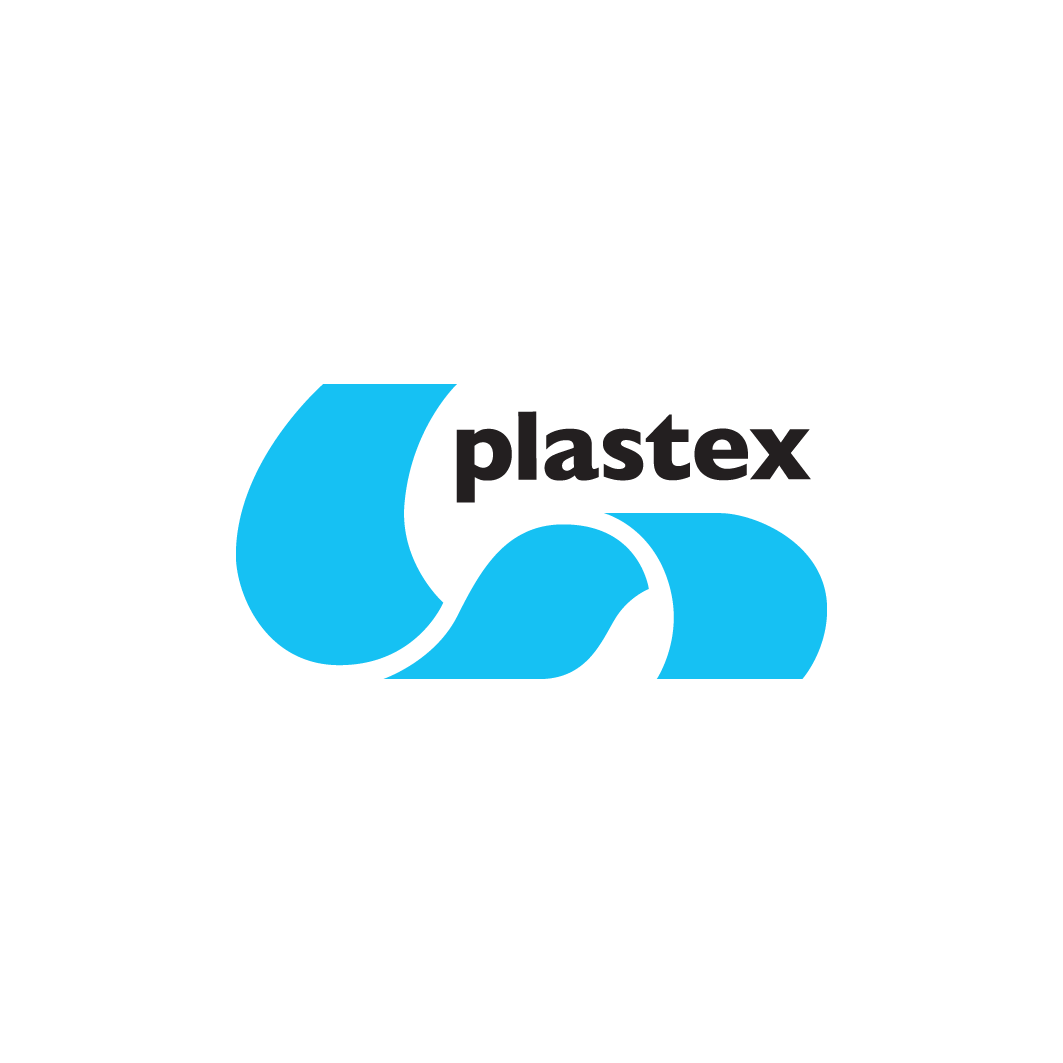














Extremely robust grating flooring with a thickness of 20 mm, capable of withstanding the busiest work areas. Specially designed for workplaces where spills, debris or metal shavings are a problem, thanks to its grating design. Made from flexible PVC.
Also available with bevelled safety edges on request .
This hard-wearing, non-slip industrial floor mat offers a surface that is both non-slip and raised, enabling optimal drainage of hazardous substances. What's more, this industrial flooring is also used in workspaces where employees are in a standing position, thanks to its 2-layer construction offering comfortable cushioning that helps reduce fatigue.
Made from non-porous PVC, this grating limits the spread of bacteria and mold, ensuring high quality floor hygiene. Its 20 mm thickness makes it a cushioning and comfortable mat for users, reducing fatigue and improving productivity.
Available in black, this grating is made from 100% industrially recycled materials. The average content of recycled materials is at least 30%, but our supplier strives, where possible, to achieve 100% recycled content. No substances included in the SVHC list of the REACH regulation are used in these coatings.
Easy to cut on site. Excellent adhesion on irregular surfaces.
Cleaning with a high-pressure water jet.
This PVC grating is ideal for use in heavy industry.

| FGD |
Data sheet
| Format | Roller |
| Surface | Openwork |
| Properties | Anti-fatigue Fire resistant Insulation Non-slip |
| Composition | PVC (Polyvinyl chloride) |
| Thickness | 20 mm |
| Fire classification | Bfl-s2 |
| Resistant to chemicals | Yes |
| Environment | Dry environments Oily environments Wetlands |
| Operating temperature | |
| Intensity of use | Intense |
| Wear index | 2/3 (Very good) |
| Anti-slip classification | R11 |
| Acoustic insulation | |
| Reversion | |
| UV light | |
| Drainage capacity | V10 |
Industrial mats meet the needs of ergonomic workstations and employee well-being.
They prevent:
There are many uses for industrial mats:
Safety criteria: The mat must cover the entire workstation, be firmly attached to the floor, not shift or slide, and have bevelled edges to prevent falls.
Thickness and flexibility criteria: Contrary to what you might think, you shouldn't choose a very thick or very soft mat. The mat should have a certain elasticity, but still allow a comfortable standing position, without the user feeling slumped.
Environmental criteria :
Environmental hazard criteria : To establish more precise characteristics for a mat (antistatic properties or fire resistance etc...) we need to take into account the hazards present in the environment where the mat will be installed.
Where hazardous liquids are present in the working environment, the anti-slip properties and chemical resistance of industrial mats should be taken into account. The presence of openings on mats to allow the evacuation of fluids is essential.
Traffic criteria: We need to take into account the traffic that takes place on the equipment: how many workers can walk on it? How often, etc., in order to choose the most suitable mat.
Prevent the many problems associated with poor workstation ergonomics: RSI, static shock, bacterial proliferation, etc.
We offer a wide choice of industrial mats: on rolls, in standard sizes, made-to-measure or modular mats to suit all types of workstations.